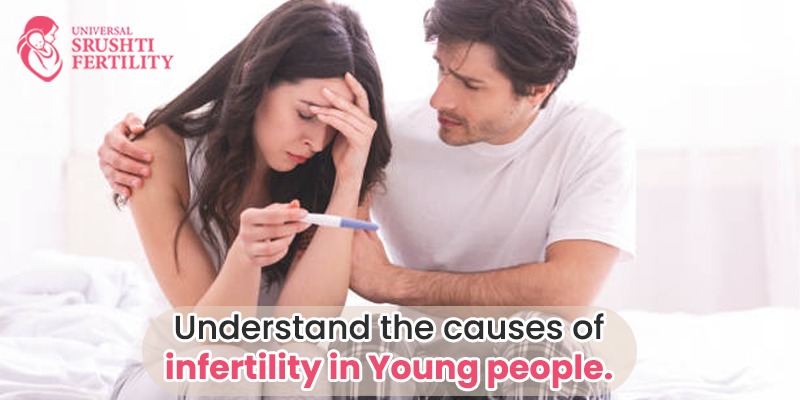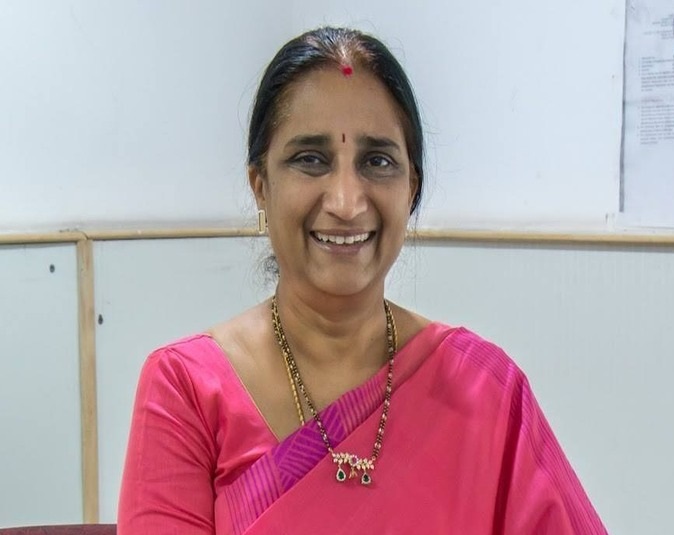Understand the causes of infertility in Young people.
The inability to become pregnant after a year of unprotected contact is referred to as infertility. Since women’s fertility declines with age, some physicians examine and treat women 35 and older after six months of trying. You must consider the Best fertility center in Secunderabad, Hyderabad if you are facing difficulty conceiving
Best Fertility Center Near Me
Problems with Infertility Are Getting Worse For both Men and Women
Endometriosis, uterine fibroids, and thyroid problems may all contribute to infertility in women. Poor testosterone levels or low sperm counts in males may result in infertility. Your likelihood of becoming infertile rises as you age. You must visit the best fertility center near me.
Numerous Factors Are Involved
Contrary to popular belief, infertility is more frequent than most people realize and has a variety of causes. Some of these relate to social transformations. Most women had their first child around the age of 21 a few decades ago. It is now closer to 26 or 27 years old. Many couples postpone starting a family in order to finish their education or make their carrier. People who put off starting a family might eventually come into contact with more infections and STDs. Additionally, a couple is more likely to have health issues and seek treatment as they age.
Common Factors That Cause Young People’s Infertility
According to the specialists at Best fertility center in Secunderabad, Hyderabad, although age is a role, the inability of women in their 20s to conceive is not explained by the fact that “peak fertility” does not often occur until a woman is in her early 30s. Ovarian dysfunction, polycystic ovarian syndrome, tubal disease, and variables in males such as low sperm counts or poor motility are the most common reasons for infertility in this age group.
PCOS/PCOD (Polycystic Ovarian Syndrome/Disorder)
Infrequent or protracted periods and excessive levels of male hormones are symptoms of hormonal illness
A dysfunctional ovary
This indicates that a woman either ovulates improperly (releases an egg irregularly) or not at all. The most frequent reason for female infertility is ovarian dysfunction, which is readily treated with medication.
Male infertilty
Since poor sperm quantity or quality, a lack of sperm production, testicular abnormalities, and problems achieving climax are all male-driven causes of infertility, male factors may be responsible for a third of all reproductive issues. Previous diseases, infections, physical trauma, aging, genetic issues, hormone issues, varicoceles, and lifestyle choices including smoking and exposure to heat or chemicals are a few of the underlying causes.
Unknown reasons
When all of the known male or female factors are ruled out but the couple is still unable to conceive, the cause is said to be unknown. Nearly a third of all instances of infertility are caused by this.
A Few Strategies to Fight Infertility
In order to solve these issues, both intrauterine insemination (IUI) and in vitro fertilization (IVF) may be employed. In IVF, the retrieved eggs and sperm are manually mixed together in a lab dish before being put back into the uterus. A woman is given medication during an IUI cycle, which is less costly, to make her ovulate more than one egg to encourage pregnancy. Sperm is then injected directly into the uterus. You must think about the best fertility center near me and visit.
Conclusion
Don’t worry if you, your partner, or the two of you have reproductive issues. Around the globe, infertility affects a large number of people. Fortunately, there are a lot of really effective reproductive drugs that may support your objective of starting a family. Your fertility doctor will advise the course of treatment that will most likely result in you becoming pregnant.


